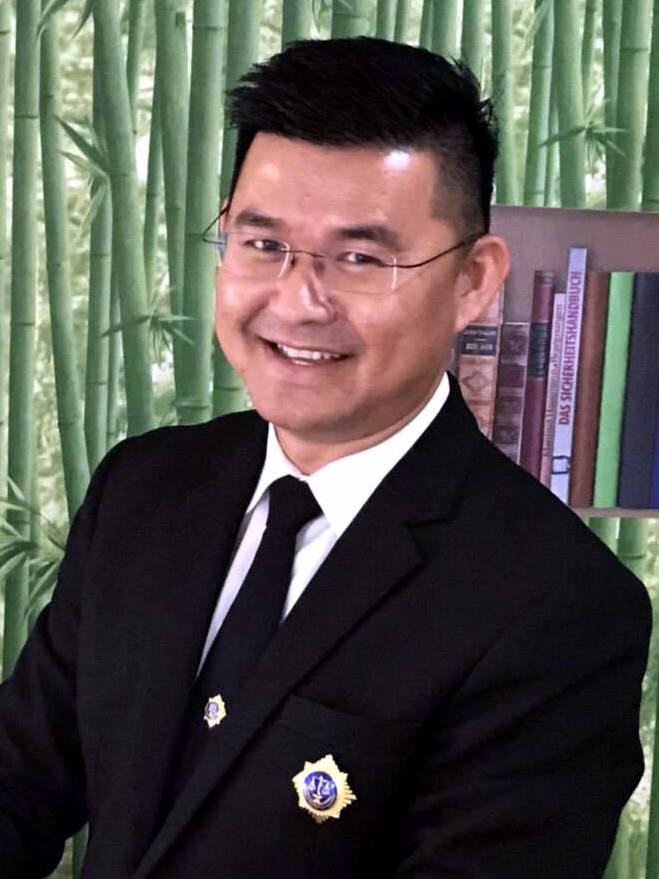
Q: Why do some tourist visa applications by Thais fail?
The number of applications for holiday visas by Thai citizens to vacation in Europe, or wherever, has obviously plummeted during the pandemic. But the opportunities will eventually return, so it’s best to be prepared. The application rules and regulations differ country by country, but here we will concentrate on the reasons for refusal. We are often contacted by disappointed Thais who have made a failed initial attempt because they did not do proper preparation and attend to detail.
Our experience is that embassies, or their privatized partners, are very keen on the reasons why a vacationing Thai will return to Thailand at the end of the holiday. Ownership of property in Thailand is seen as useful, as is a secured job here with abundant proof of income and the permission of the employer to take a break. Thai bank accounts need to show the applicant is not living on a shoestring. Embassies tend to be suspicious of a one-off payment in a bank account which has been made by a third party.
All Thai documents need to translated into English (or the appropriate foreign language) and some may need to be certified by a competent authority, or even the Thai ministry of foreign affairs. Photocopies may or may not be accepted and the full details will be in the appropriate embassy’s written code. Photographs can be useful in some contexts, but a description of “who, what, when and where” should be written on the back or on a supplementary paper. If the applicant has children, proof should be provided with details of who will look after them whilst the parent is on holiday.
If there is a sponsor, usually in a relationship with the applicant, the former needs to supply details of accommodation and income as well as a full explanation of the connection between them. The sponsor also needs to prove with passport evidence visits to Thailand if they are relevant to the claimed relationship. It should be noted that some Thai applicants are actually married to their sponsor, but there can be reasons (often work-related) why they are living in different countries. Letters from the sponsor and the applicant explaining the nature of the relationship are a sensible part of any visa application.
Q: Can a Thai widow claim her deceased husband’s pensions?
There is no simple answer to this one. For example, the UK state pension is not payable to a surviving spouse unless she has a UK national insurance number (i.e. has worked in UK). Other countries are more liberal about state benefits after the death of one of their nationals in Thailand, though it is generally true to say that the rules are getting stricter overall.
When it comes to private pensions of the deceased, usually via an employer scheme, it all comes down to the details of that plan. Many occupational pensions do make a potential provision for spouses or even other dependents. But some require a written agreement prior to the death, whilst others are automatic and some are discretionary. Our experience is that Thai widows often have little firm idea of their foreign husband’s occupational history or pension arrangements. Our role is often to act as a go-between between the widow and the company and ensure the appropriate documentation is collected and promptly dispatched.
Ideally, the will of the deceased should list all pensions where the spouse has, or might have, a claim. In our experience, this often has not been done. Or there might not be a will in the first place. Matters such as national insurance numbers, policy details and addresses, customer registration numbers, evidence of contact with the deceased’s tax authority are often crucial. Death is often a very tragic affair. But it is also inevitable, so the motto Be Prepared is the most sensible advice.
 |
 |
 |






